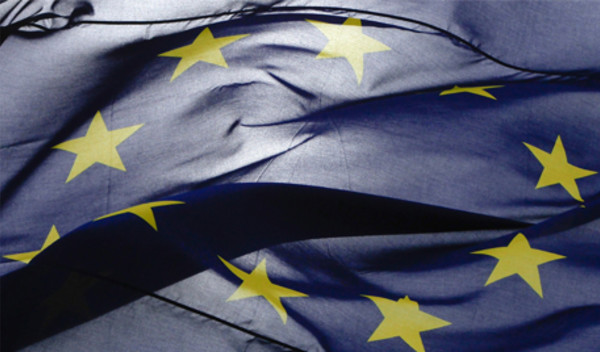

Investors have been urged not to get carried away by the European Central Bank’s (ECB) money-printing programme and go on an indiscriminate equity-buying spree in Europe.
The ECB last week said it would start pumping €60bn a month into the eurozone economy through a potentially indefinite quantitative easing (QE) programme, sparking excitement in markets.
But QE will be no quick fix for the embattled eurozone, warned a number of experts.
Neil Williams, chief economist at Hermes Fund Management, said: “Anyone expecting the QE bazooka to quickly fix the problem – a monetary union still devoid of sufficient economic union – will be disappointed.”
Royal London Asset Management bond expert Ewan McAlpine warned that while the programme met expectations in terms of size and nature, the “devil is in the detail”.
He pointed to the fact that the majority of the purchases were decentralised, meaning most of the liability for any default falls on the various member states rather than the ECB.
This demonstrates “the fundamental weakness in the European project”, he said.
It will be a long road ahead, according to Mr Williams, who warned the eurozone could follow Japan, where QE has been present for 16 years with little sustained increase in inflation.
He said: “The ECB’s ‘tap’ may be finally on, but, as Japan found out, QE acts like a drug: the more you use it, the more you need it.
“Eurozone QE could thus be with us for many years to come.”
Philip Lawlor, chief investment strategist at Smith & Williamson Investment Management, also warned of the parallels between Japan and Europe.
He said the demographic profile of the eurozone was becoming similar to that in Japan, a country that has to support a rapidly ageing population.
Mr Lawlor said in order for Mr Draghi to repair the eurozone, he would have to engage in a radical reform programme, similar to that followed by Japanese prime minister Shinzo Abe. This would have to involve monetary easing and structural reforms.
“Draghi deserves great plaudits for what he has done,” explained Mr Lawlor, “but he should have done it six months ago.
“By waiting he has effectively created a situation akin to trying to walk up a downward escalator; the task is that much harder.”
The markets have been rallying for the past few weeks in anticipation of QE, but Mr Lawlor warned that investors could soon “take a time out and take some risk off the table”.
The scale of the ECB’s asset purchases, which consist of buying up investment-grade corporate debt and eurozone government debt, was larger than anticipated.
Mr Draghi also suggested that the QE initiative would continue until the central bank was comfortable with the rate of inflation, implying the programme was open-ended.
The announcement sent European equity and bond markets soaring, while pushing the value of the euro to fresh lows against the dollar.
Let’s not get carried away…
Threadneedle Asset Management last week revealed it had already boosted its allocation to European equities in response to the QE programme.
The asset manager decided to increase its weighting in European equities by 25 basis points in its multi-asset portfolios, following the announcement.
Mark Burgess, chief investment officer at the group, said: “The tendency amongst investors will be to own more risk assets, particularly as the ECB’s move will help to keep interest rates low globally.”
Mr Burgess said the market reaction so far “has not been significant” but he was still “positive on the financial market impact of European QE”.


